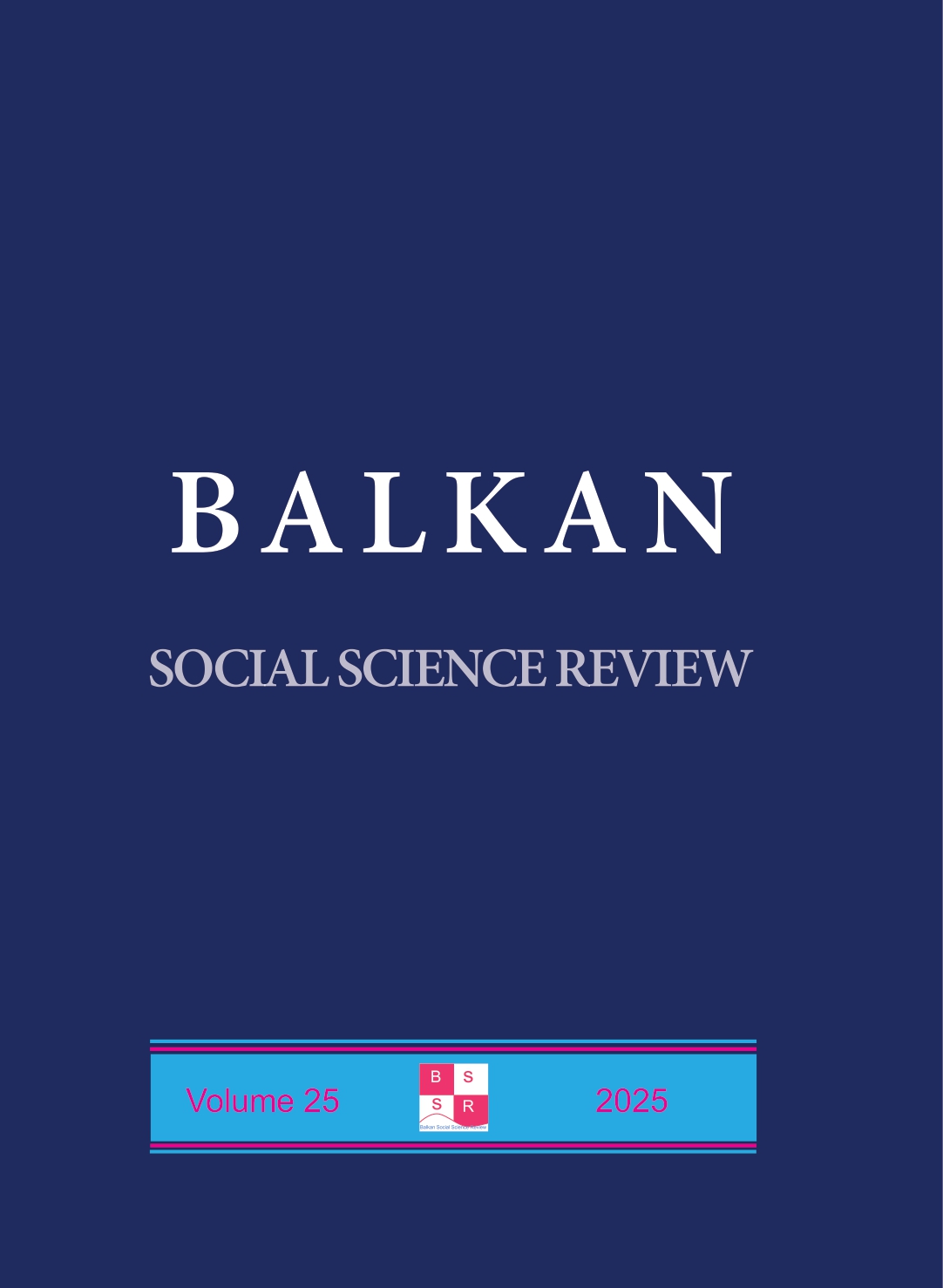AUTOMATION IN ACTION: EXPERIENCE WITH QUICK AND COST-EFFICIENT ADMINISTRATIVE DECISIONS IN HUNGARY
DOI:
https://doi.org/10.46763/BSSR252525181cAbstract
Automated decision-making can streamline administrative
procedures, reducing the burden on authorities in straightforward
cases. However, a concerning trend emerges: negative decisions
challenged by clients are often so simplified that they render
judicial review meaningless, leaving issues unresolved. This is not
merely a technical issue but a constitutional one. Clients are
frequently deprived of meaningful reasoning, procedural
safeguards, and effective legal remedies. Administrative decisions
should uphold legality and transparency, ensuring fair
proceedings. When a decision lacks proper justification and courts
cannot assess its legality, it becomes unsuitable for review,
undermining due process. If automation leads to decisions lacking
transparency and accountability, it threatens fundamental legal
principles.
This study aims to show how automated -decision making is done
in practice and what legal problems has emerged already by
exploring casefiles and judicial decisions to highlight the risks of
automated decision-making and calls for a balanced approach to
maintain efficiency while safeguarding constitutional rights and
judicial oversight.
Downloads
Downloads
Published
Issue
Section
License
Permissions
Authors are expected to obtain permission from copyright holders for reproducing any illustrations, tables, figures or lengthy quotations previously published elsewhere. BSSR will not be held accountable for any copyright infringement caused by the authors.
Copyright
The content offered in the BSSR remains the intellectual property of the authors and their publishers respectively. University “Goce Delcev”- Shtip, R. Macedonia and BSSR keap the right to promote and re-publish the texts.


